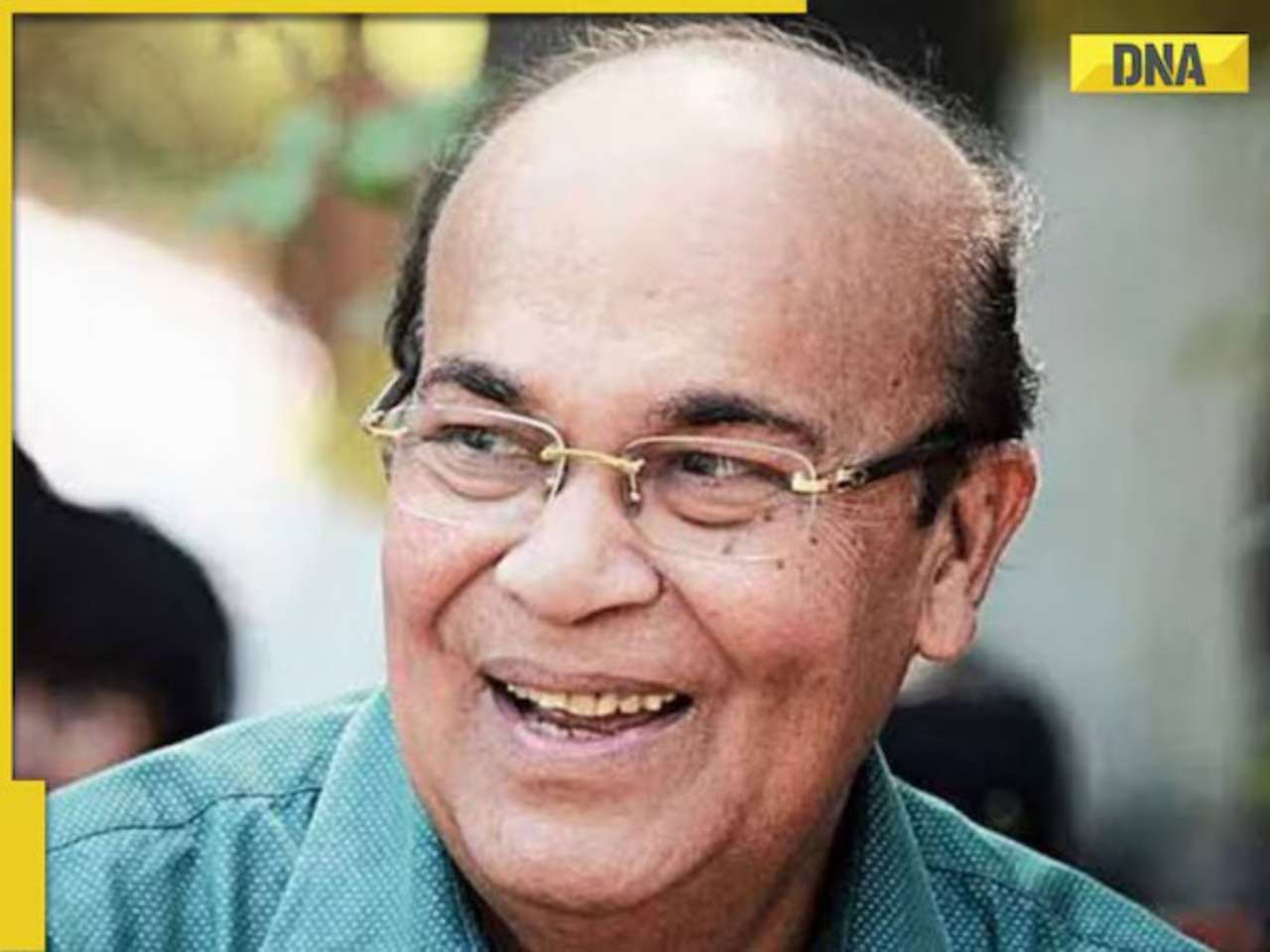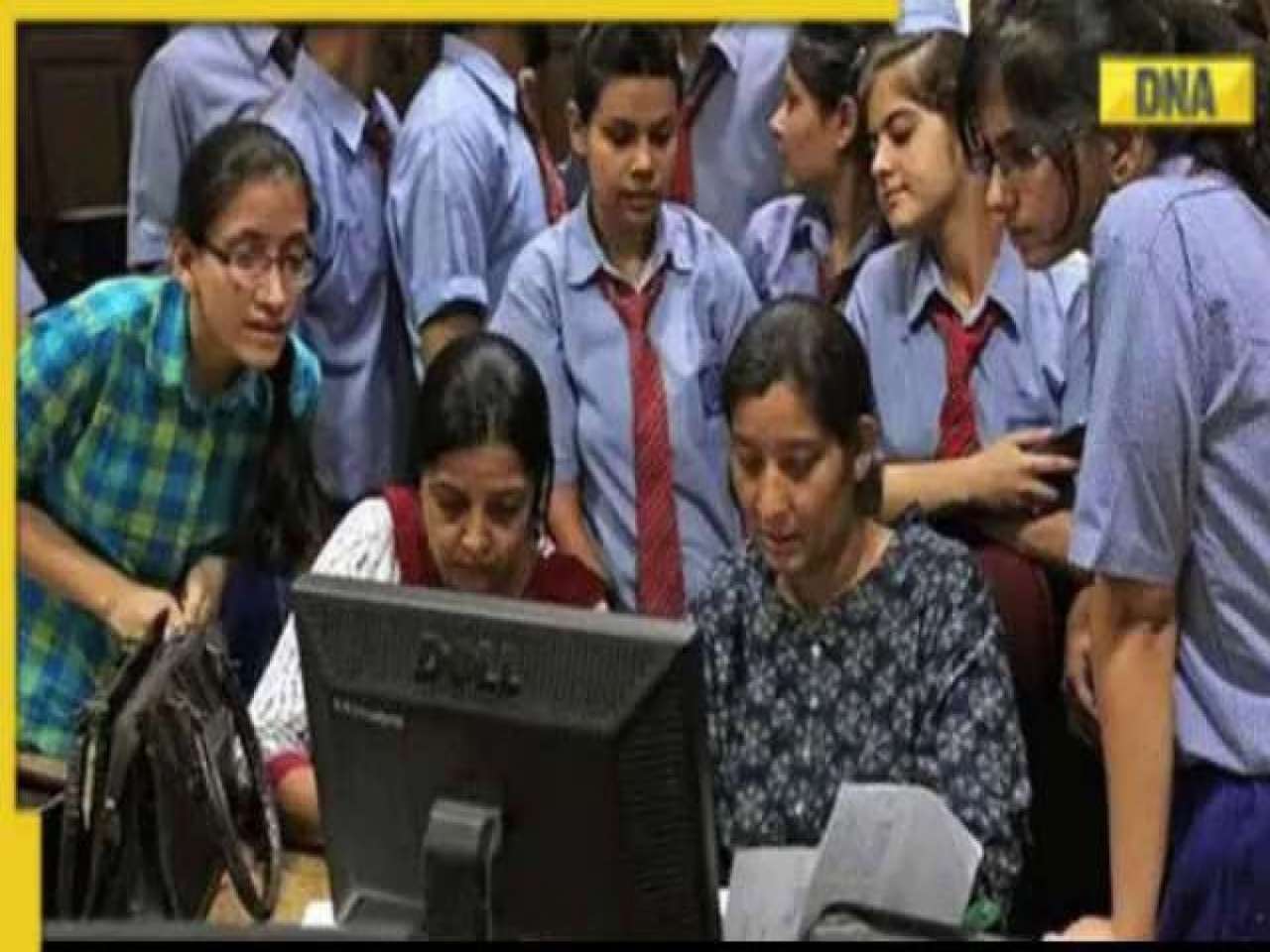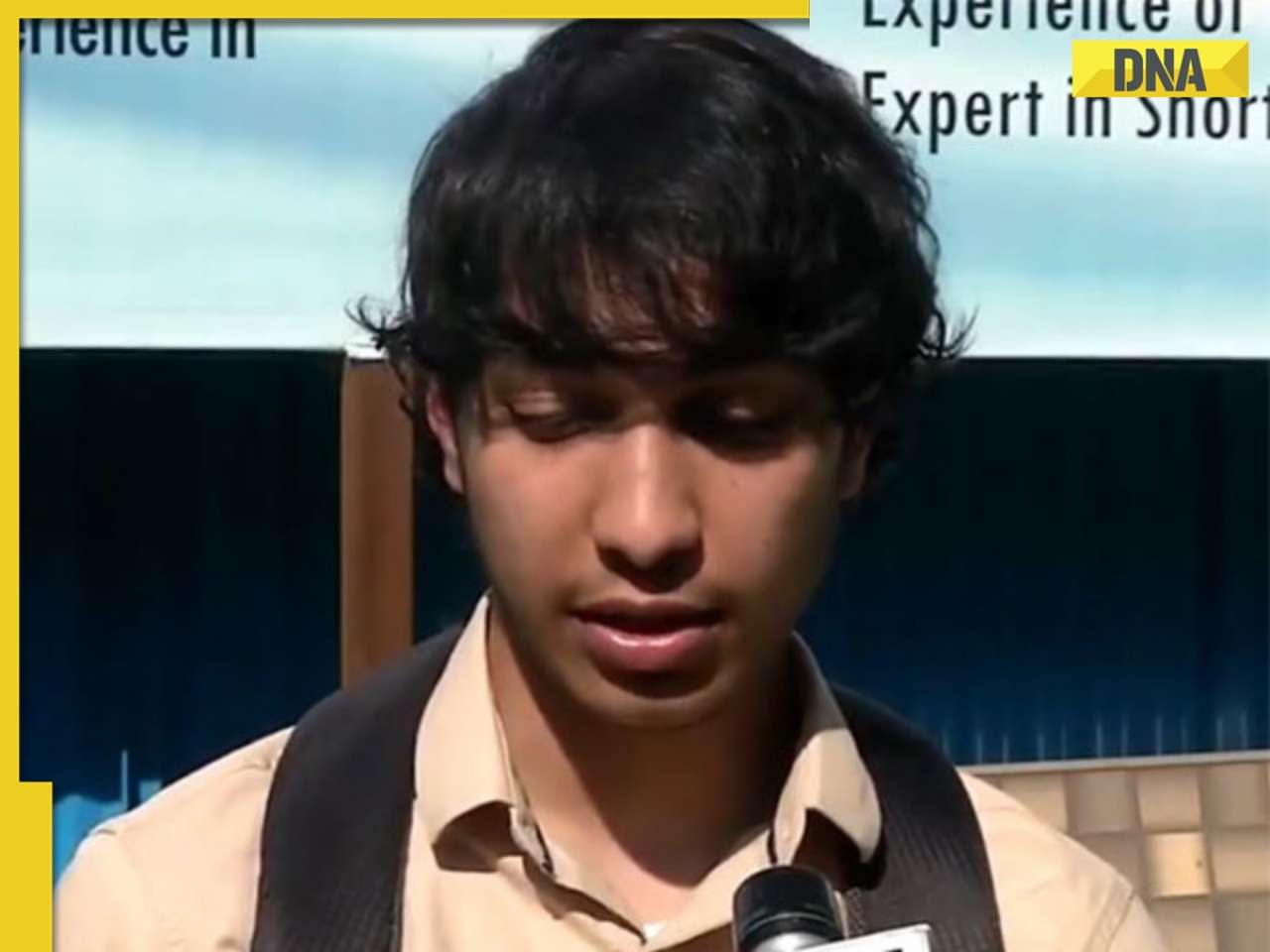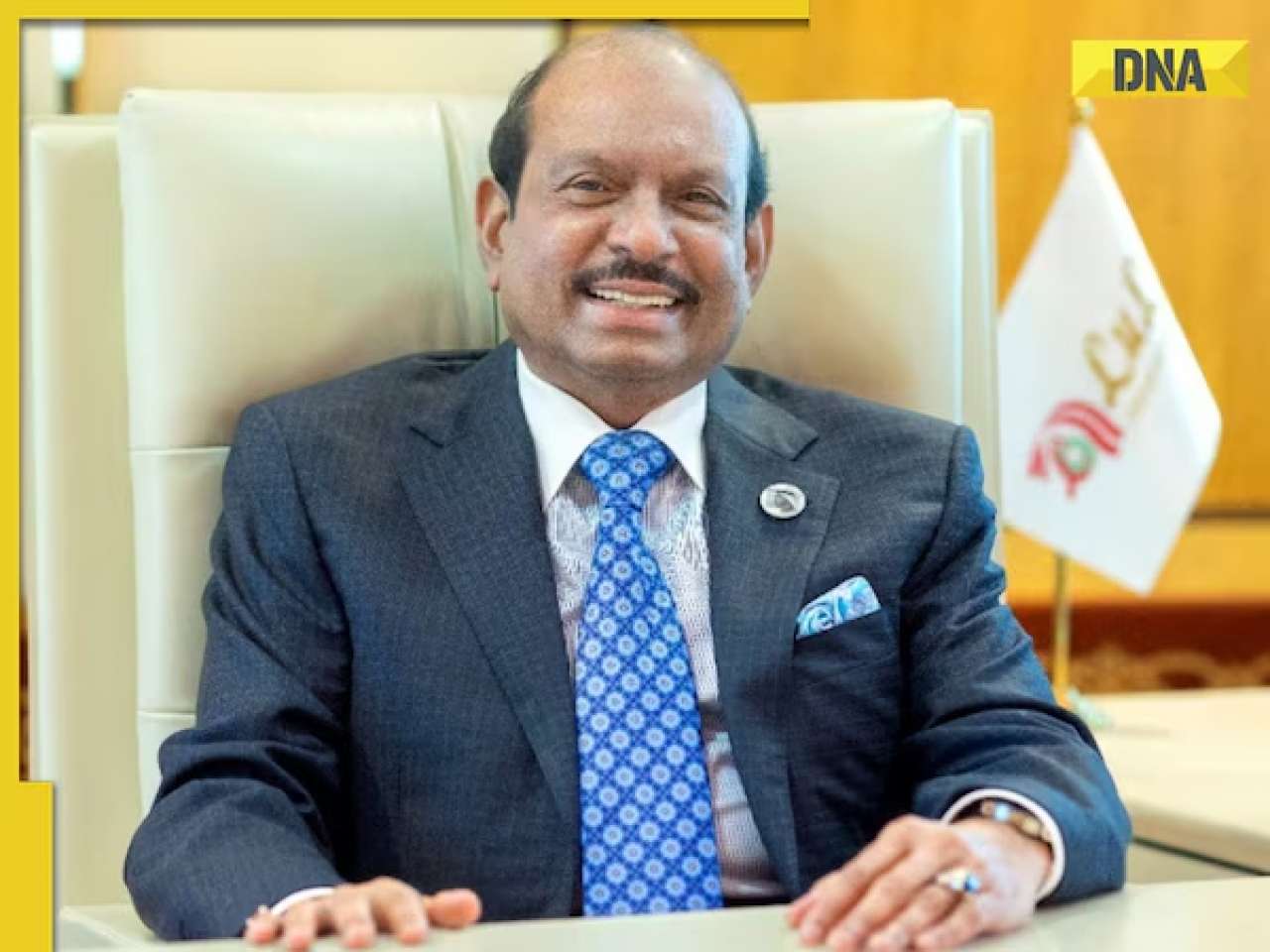Sharif, who twice became prime minister of Pakistan in the nineties, was arrested and deported to the Saudi capital Riyadh on Monday within hours of his arriving home.
NEW DELHI: India may wish for a 'stable and peaceful neighbour', but former Pakistani prime minister Nawaz Sharif's deportation to Saudi Arabia within hours of arriving home from exile is set to plunge Pakistan into a constitutional crisis and signals the beginning of the end of President Pervez Musharraf's military rule, say analysts and experts here.
"What it shows is that the general is very nervous. He is irreparably damaged," G. Parthasarathy, a former Indian ambassador to Pakistan, told on Monday when asked about the repercussions of Sharif's deportation on domestic politics in Pakistan.
"It's going to spark a constitutional crisis. No constitution of any country gives the government the right to deport its own national without due process of law," the former envoy added.
"It will also inevitably lead to a confrontation with the Supreme Court which had allowed Sharif to return to Pakistan despite the Musharraf regime's attempt to block it," he said.
Sharif, who twice became prime minister of Pakistan in the nineties, was arrested and deported to the Saudi capital Riyadh on Monday within hours of his arriving home from London after seven years in exile.
A year after he came to power in 1999, Musharraf cast Sharif into exile in Saudi Arabia under a deal, as claimed by the government, that he stay in Saudi Arabia for 10 years to avoid a life sentence on hijacking and corruption charges. Sharif has claimed the deal was only for five years.
India is closely watching developments in Pakistan, but has chosen to remain discreet.
"It is an internal problem (of Pakistan), but I would like to have a stable neighbour," External Affairs Minister Pranab Mukherjee told.
The deportation of Sharif, in a brazen violation of the Supreme Court's injunction last month allowing him and his brother Shabaaz to return to Pakistan, is likely to impact adversely the plummeting popularity of Musharraf as he seeks another term in a presidential election in the national and provincial assemblies some time between Sep 15 and Oct 15, many here think.
"It (his return and subsequent deportation) is certainly going to make Sharif more popular in Punjab. If elections were held now, he will sweep the elections. That's what makes Musharraf so nervous," Parthasarathy underlined.
"President Musharraf's regime is on its last legs. It is a contempt of the court and will be seen as a violation of the Supreme Court's injunction," Bharat Karnad, a strategic expert, told.
"Sharif's return to Pakistan has sent a clear message that he is courageous enough to come back to his country despite dire threats. It also shows Musharraf is not in a position to face Sharif politically," said Prof. S.D. Muni, an expert on South Asia at Jawaharlal Nehru University.
K. Subrahmanyam, an expert who heads the government task force on global strategic developments, sees Musharraf's move as part of a larger gameplan to stay in power that will help him to strike a deal with former prime minister Benazir Bhutto.
"By acting tough against Sharif, Musharraf is sending the signal to Bhutto to come to some sort of compromise deal with him on his own terms," he opined, alluding to speculations about a power-sharing deal between Musharraf and Bhutto in return for dropping of corruption cases against the latter.
The contours of the deal are not clear, but media reports say that Bhutto is ready to become a democratically elected prime minister with Musharraf as president after he gives up his army uniform. But the talks have not made much headway.
For all dire predictions about Musharraf's future, Subrahmanyam, for one, doesn't think the Pakistani president is headed for the wilderness as long as the army continues to back him. "This can be the end of Musharraf. But as long as the army is behind him, he stays very much in power," he added.
![submenu-img]() Meet man who once suffered loss of Rs 15 crore, then built Rs 2000 crore turnover company at 60, he is…
Meet man who once suffered loss of Rs 15 crore, then built Rs 2000 crore turnover company at 60, he is…![submenu-img]() 'They did her dirty': Aishwarya Rai fans criticise stylist for her 'failed art project' outfit on Cannes red carpet
'They did her dirty': Aishwarya Rai fans criticise stylist for her 'failed art project' outfit on Cannes red carpet![submenu-img]() Woman walks on the streets of Tokyo in saree, viral video shows people’s reaction
Woman walks on the streets of Tokyo in saree, viral video shows people’s reaction![submenu-img]() Blinkit offering ‘free dhaniya’ with vegetable orders, people now asking for free…
Blinkit offering ‘free dhaniya’ with vegetable orders, people now asking for free…![submenu-img]() Kartam Bhugtam: Shreyas Talpade-starrer is a riveting dive into the unknown
Kartam Bhugtam: Shreyas Talpade-starrer is a riveting dive into the unknown![submenu-img]() Meet PhD wife of IIT graduate hired at Rs 100 crore salary package, was fired within a year, he is now…
Meet PhD wife of IIT graduate hired at Rs 100 crore salary package, was fired within a year, he is now…![submenu-img]() Meet woman not from IIT, IIM or NIT, cracked UPSC exam in first attempt with AIR...
Meet woman not from IIT, IIM or NIT, cracked UPSC exam in first attempt with AIR...![submenu-img]() Maharashtra Board Results 2024: MSBSHSE class 10th, 12th results soon, know how to check results via SMS
Maharashtra Board Results 2024: MSBSHSE class 10th, 12th results soon, know how to check results via SMS![submenu-img]() Meet Indian genius who became world’s 'youngest' surgeon at 7, worked in IIT for...
Meet Indian genius who became world’s 'youngest' surgeon at 7, worked in IIT for...![submenu-img]() Meet Kashmir boy, who is JEE topper, wants to pursue Computer Science, he aims to clear...
Meet Kashmir boy, who is JEE topper, wants to pursue Computer Science, he aims to clear...![submenu-img]() DNA Verified: Is CAA an anti-Muslim law? Centre terms news report as 'misleading'
DNA Verified: Is CAA an anti-Muslim law? Centre terms news report as 'misleading'![submenu-img]() DNA Verified: Lok Sabha Elections 2024 to be held on April 19? Know truth behind viral message
DNA Verified: Lok Sabha Elections 2024 to be held on April 19? Know truth behind viral message![submenu-img]() DNA Verified: Modi govt giving students free laptops under 'One Student One Laptop' scheme? Know truth here
DNA Verified: Modi govt giving students free laptops under 'One Student One Laptop' scheme? Know truth here![submenu-img]() DNA Verified: Shah Rukh Khan denies reports of his role in release of India's naval officers from Qatar
DNA Verified: Shah Rukh Khan denies reports of his role in release of India's naval officers from Qatar![submenu-img]() DNA Verified: Is govt providing Rs 1.6 lakh benefit to girls under PM Ladli Laxmi Yojana? Know truth
DNA Verified: Is govt providing Rs 1.6 lakh benefit to girls under PM Ladli Laxmi Yojana? Know truth![submenu-img]() Aishwarya Rai Bachchan turns heads in intricate black gown at Cannes, walks the red carpet with injured arm in cast
Aishwarya Rai Bachchan turns heads in intricate black gown at Cannes, walks the red carpet with injured arm in cast![submenu-img]() Laapataa Ladies' Poonam aka Rachna Gupta looks unrecognisable in viral photos, amazes with jaw-dropping transformation
Laapataa Ladies' Poonam aka Rachna Gupta looks unrecognisable in viral photos, amazes with jaw-dropping transformation![submenu-img]() In pics: Taarak Mehta Ka Ooltah Chashmah actress Deepti Sadhwani dazzles in orange at Cannes debut, sets new record
In pics: Taarak Mehta Ka Ooltah Chashmah actress Deepti Sadhwani dazzles in orange at Cannes debut, sets new record![submenu-img]() Ananya Panday stuns in unseen bikini pictures in first post amid breakup reports, fans call it 'Aditya Roy Kapur's loss'
Ananya Panday stuns in unseen bikini pictures in first post amid breakup reports, fans call it 'Aditya Roy Kapur's loss'![submenu-img]() Remember Harsh Lunia? Just Mohabbat child star, here's how former actor looks now, his wife is Bollywood's popular...
Remember Harsh Lunia? Just Mohabbat child star, here's how former actor looks now, his wife is Bollywood's popular...![submenu-img]() Haryana Political Crisis: Will 3 independent MLAs support withdrawal impact the present Nayab Saini led-BJP government?
Haryana Political Crisis: Will 3 independent MLAs support withdrawal impact the present Nayab Saini led-BJP government?![submenu-img]() DNA Explainer: Why Harvey Weinstein's rape conviction was overturned, will beleaguered Hollywood mogul get out of jail?
DNA Explainer: Why Harvey Weinstein's rape conviction was overturned, will beleaguered Hollywood mogul get out of jail?![submenu-img]() What is inheritance tax?
What is inheritance tax?![submenu-img]() DNA Explainer: What is cloud seeding which is blamed for wreaking havoc in Dubai?
DNA Explainer: What is cloud seeding which is blamed for wreaking havoc in Dubai?![submenu-img]() DNA Explainer: What is Israel's Arrow-3 defence system used to intercept Iran's missile attack?
DNA Explainer: What is Israel's Arrow-3 defence system used to intercept Iran's missile attack?![submenu-img]() 'They did her dirty': Aishwarya Rai fans criticise stylist for her 'failed art project' outfit on Cannes red carpet
'They did her dirty': Aishwarya Rai fans criticise stylist for her 'failed art project' outfit on Cannes red carpet![submenu-img]() Kartam Bhugtam: Shreyas Talpade-starrer is a riveting dive into the unknown
Kartam Bhugtam: Shreyas Talpade-starrer is a riveting dive into the unknown![submenu-img]() Richa Chadha says Heeramandi co-star Sharmin Segal being trolled for her performance is 'audience’s right'
Richa Chadha says Heeramandi co-star Sharmin Segal being trolled for her performance is 'audience’s right'![submenu-img]() Meet only Indian actress whose film is competing for top prize at Cannes; not Aishwarya, Deepika, Kiara, Priyanka, Alia
Meet only Indian actress whose film is competing for top prize at Cannes; not Aishwarya, Deepika, Kiara, Priyanka, Alia![submenu-img]() How two heroines beat Rajinikanth, Vijay, Dhanush to give Tamil cinema's biggest hit of 2024; low-budget film earned...
How two heroines beat Rajinikanth, Vijay, Dhanush to give Tamil cinema's biggest hit of 2024; low-budget film earned...![submenu-img]() Woman walks on the streets of Tokyo in saree, viral video shows people’s reaction
Woman walks on the streets of Tokyo in saree, viral video shows people’s reaction![submenu-img]() Why Australians walk barefoot in public: Here’s the reason
Why Australians walk barefoot in public: Here’s the reason![submenu-img]() People in this country compete to see who’s best at doing nothing, here's why
People in this country compete to see who’s best at doing nothing, here's why![submenu-img]() Viral video: Influencer dressed as 'Manjulika' dances on crowded road, internet reacts
Viral video: Influencer dressed as 'Manjulika' dances on crowded road, internet reacts![submenu-img]() Viral video: Baby elephant receives 'Z-category security' during family nap in Tamil Nadu reserve
Viral video: Baby elephant receives 'Z-category security' during family nap in Tamil Nadu reserve

























































)
)
)
)
)
)